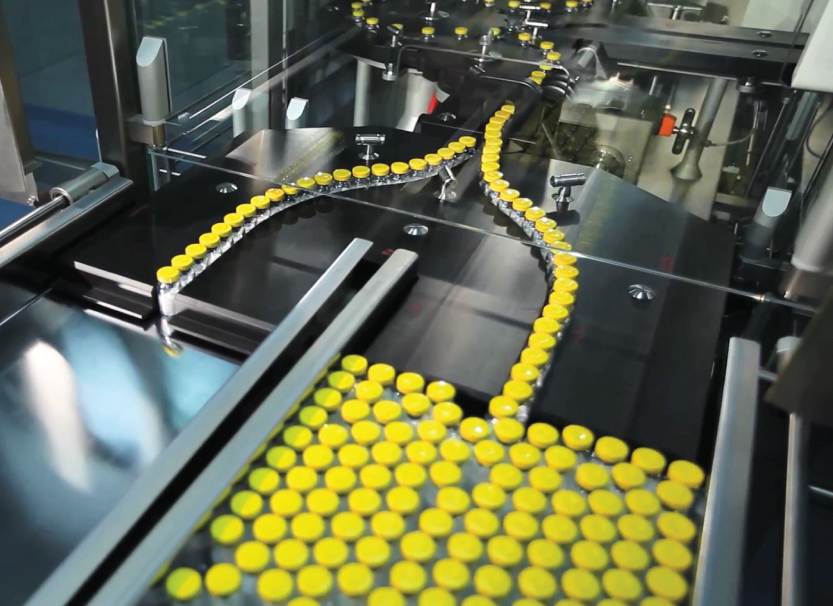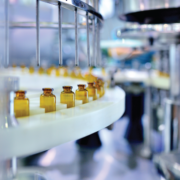
Why International Pharma Companies Need to Watch What Is Happening in the Netherlands

Maarten Meulenbelt explains why even companies headquartered in China or California need to be aware that the trend for ‘replacement pharmacy compounding’ may spread.
Over the last few years, the Netherlands has begun to develop its own pharmacy-compounded products as an alternative to authorised products, and as a benchmark for pricing and reimbursement of the authorised products that they seek to replace. These compounds have included both small molecules and advanced therapy medicinal products (ATMPs): medicines for human use that are based on genes, tissues or cells and which offer groundbreaking new opportunities for the treatment of disease and injury. They have been bulk-manufactured in the country’s hospital pharmacies or in manufacturing facilities, and the combined policy of several national regulators and payors has been to switch Dutch patients onto them. A similar situation could be evolving in Belgium.
The positions of the Netherlands have unique characteristics which may or may not be replicated elsewhere: for instance, the Netherlands have granted tens of millions of euros in subsidies to develop “bedside manufacturing” of ATMPs. However, international pharma companies – no matter where they are based – should be monitoring developments in EU countries closely, in particular in the Netherlands. This is a trend that may spread as drug pricing comes under pressure globally. Launching a product in a country that endorses “replacement” pharmacy compounding could become an increasingly risky proposition; the authorised product might not obtain pricing and reimbursement approval at all, or only at the level of the costs of the compounded products. Such decisions can impact prices elsewhere through international reference pricing.
Pharmacy-compounded products do not require a marketing authorization (MA). Though they must satisfy some national requirements regarding their composition and manufacturing, they have the potential to bypass and remove the value of MAs. The regulatory burden is often so much lighter for pharmacy-compounded products than it is for authorised products that it is often impossible for MA holders to compete.
Since 2017, the Dutch regulators have been adapting and evolving national rules relating to compounding, including in the country’s reimbursement system. It has been steadily moving away from a situation where the authorised product is leading and any compounded product is ‘complementary,’ consistent with the ethical standards of the European Pharmacopoeia (Ph. Eur), i.e. to be used only if the individual medical needs of the patients cannot be met with an available authorised product. Compounded versions of products are increasingly being manufactured and reimbursed on a national scale.
In the Netherlands there are now six compounded products which have been reimbursed in preference to authorised products treating the same condition. Dutch hospitals, authorities, and payors are expected to add more products in 2022, subject to the outcome of pending court cases.
In 2019, the Dutch Minister of Health decided that switching an entire (orphan) patient population to a replacement compounding product for cost reasons is permissible, without assessing strict compliance with the Ph. Eur. ethical standards, and without assessing whether the rationale for the compounding was created artificially by blocking reimbursement for the authorised product. A challenge to that decision is pending.
In 2019, the Minister also set a compounding production limit of 50-150 patients per month, per compounding pharmacy. That limit is being challenged in court, and it has not yet been tested against the 2021 judgement of the Court of Justice of the European Free Trade Association (EFTA Court) in Case E-7/20, M. and X AG. In this case, the EFTA Court noted that “a low level of daily production may result in the manufacture of a substantial quantity of medicinal products over the course of a year,” leading to “the circulation of significant amounts of medicinal products without a marketing authorisation” which would “undermine” the purpose of EU pharmaceutical law.
Ultimately these questions on the legality of replacement compounding may reach the CJEU. In the meantime, global pharma companies should watch the outcomes of such legal challenges closely, and should also monitor legislative changes set out in the Pharmaceutical Review proposals which the European Commission is currently developing.
This post is as of the posting date stated above. Sidley Austin LLP assumes no duty to update this post or post about any subsequent developments having a bearing on this post.



